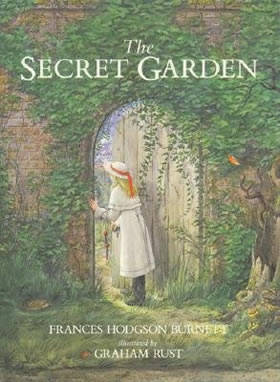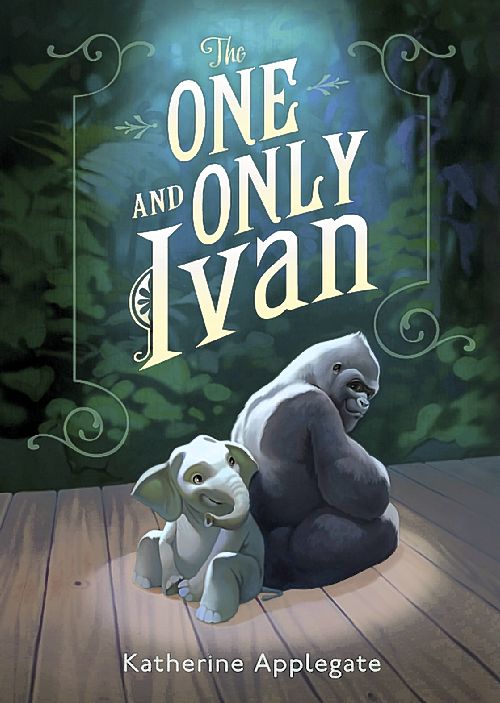I have genre envy.
Occasionally I try to write poetry, with mixed results. I’m a good writer of prose, but really great poems elude me.
When I think about writers who are not only strong poets but also have the ability to set those lyrics to their own music, I am in awe. You hear that one line that cuts through you and reminds you of some summer day or autumn night or bitter cold afternoon. A handful of words take you back there, and you wish you could say half as much in 40,000 of them.

Will you stay with me, will you be my love among the fields of barley?
We'll forget the sun in his jealous sky as we lie in fields of gold.
That’s Sting, with the haunting yet simple Fields of Gold. I can’t listen to it without being transfixed.
See the west wind move like a lover so upon the fields of barley.
Feel her body rise when you kiss her mouth among the fields of gold.
One day a few decades ago I was in the weight room at the college where I was coaching cross country. There were about four of us in there, minding our own business, banging weights around and grunting and thinking about what we might be doing later that night. This was New Jersey. None of us was much older than 25. I assume we’d all slept on the beach some nights; sat on boulevard benches staring at traffic heading to the city; worked dead-end jobs; lived for the weekend. I sure had.
A few simple notes came on the radio, then the unmistakable voice of the man who spoke for our generation of Jerseyans. Great singer and performer. The song is perfect for Springsteen, but he’s one step removed from the lyrics, which were written by Tom Waits.

We all stop lifting and listen.
Down the shore everything's all right
You and your baby on a Saturday night
You know all my dreams come true
When I'm walking down the street with you
The song ends. We go back to lifting and grunting. No eye contact, no acknowledgment that we’ve each been absorbing every line of the song and reliving some moment from our pasts. Guys don’t do that. We’re not sensitive. We’re tough.
I did write a couple of poems for my latest book, Wicked Cruel. In one of the stories, Danny’s fussy father is an English professor with a penchant for Wordsworth, and he publishes his own poems in weekly newspapers and the college literary journal. He regularly inflicts the poems on 12-year-old Danny.
I had fun writing a couple of poems for him, since I could be off key and pretend that I was purposely writing poor poetry because the good professor is somewhat tone deaf. But they were actually my best efforts. They don’t come close to this amazing piece by one of New England’s best singer/songwriters, Ian Fitzgerald. It’s called Walks Like Tussaud, and it’s hilarious but poignant and incredibly clever: Wax figures of our only bachelor President James Buchanan and actress Mary Pickford are melting during a museum fire. The perspective is Buchanan’s, and it’s my favorite new song of 2013:
Then as if he needed one more thing he’d never seen before
The curls of Mary’s hair began to dive like sparrows to the floor
Her grey eyes started sliding toward the bottom of her face
And instead of moving toward him, she was settling in place
Despite it all he reached for her with still strong-standing hope
But even his own sliding eyes could recognize the scope
“Oh Mary, I’m afraid the sun is setting on us both
But you have never looked so lovely;
you have never looked so close” . . .


Some evenings I get lost in YouTube, calling up performances by Neil Young or Bob Dylan or Gordon Lightfoot. I write whole novels to try to do what they accomplish in a handful of lines. But you find your genre and you work at it as hard as you can, recognizing your limitations and taking pride in your proficiencies.
Danny’s father puts it this way, after earning a compliment for his work following a sparsely attended poetry reading. He and Danny are alone, in the dark, by a pond. Danny’s had a terrifying night: he’s been followed and harassed by two tough peers, come face to face with the legendary ghost horses of Brickyard Pond, and felt both the lure and the rejection of the girl of his dreams.

“I don’t fit in so well,” Danny said softly.
“Nor do I,” Dad replied. “You don’t have to.”
Danny nodded.
Dad pointed to the moon and recited:
Upon the moon I fixed my eye
All over the wide lea;
With quickening pace my horse grew nigh
Those paths so dear to me
“Wordsworth?”
“Yes.”
“You know that girl who was with me? Janelle? She thought your poems were incredible.”
“I do what I can. I can’t come close to Wordsworth; I know that full well. But that doesn’t stop me from trying, from writing in the best way I can.”
“’With quickening pace my horse drew nigh’?”
“‘Those paths so dear to me.’”
Danny watched the water, the small ripples that caught the moonlight for a second. There were a few twitters of birds, a pleasant smell of wet dirt and pond water.
Dad placed his hand gently on Danny’s shoulder, then withdrew it. “It’s rather cold out here,” he whispered. “I’m going to go in.”
“I’ll be there soon,” Danny said. “And Dad?”
“Yes?”
“Thanks.”
“For what, Danny?”
“I don’t know. The glimmering lake. The spectral niche. Stuff like that.”
Dr. Morgan stood still for a moment, and a small smile appeared on his lips. He nodded and walked away.








